Testing Your Water Supply for Legionella
We would love to have a chat about how we can help your business. Get in touch today or call us on 0800 028 3557.
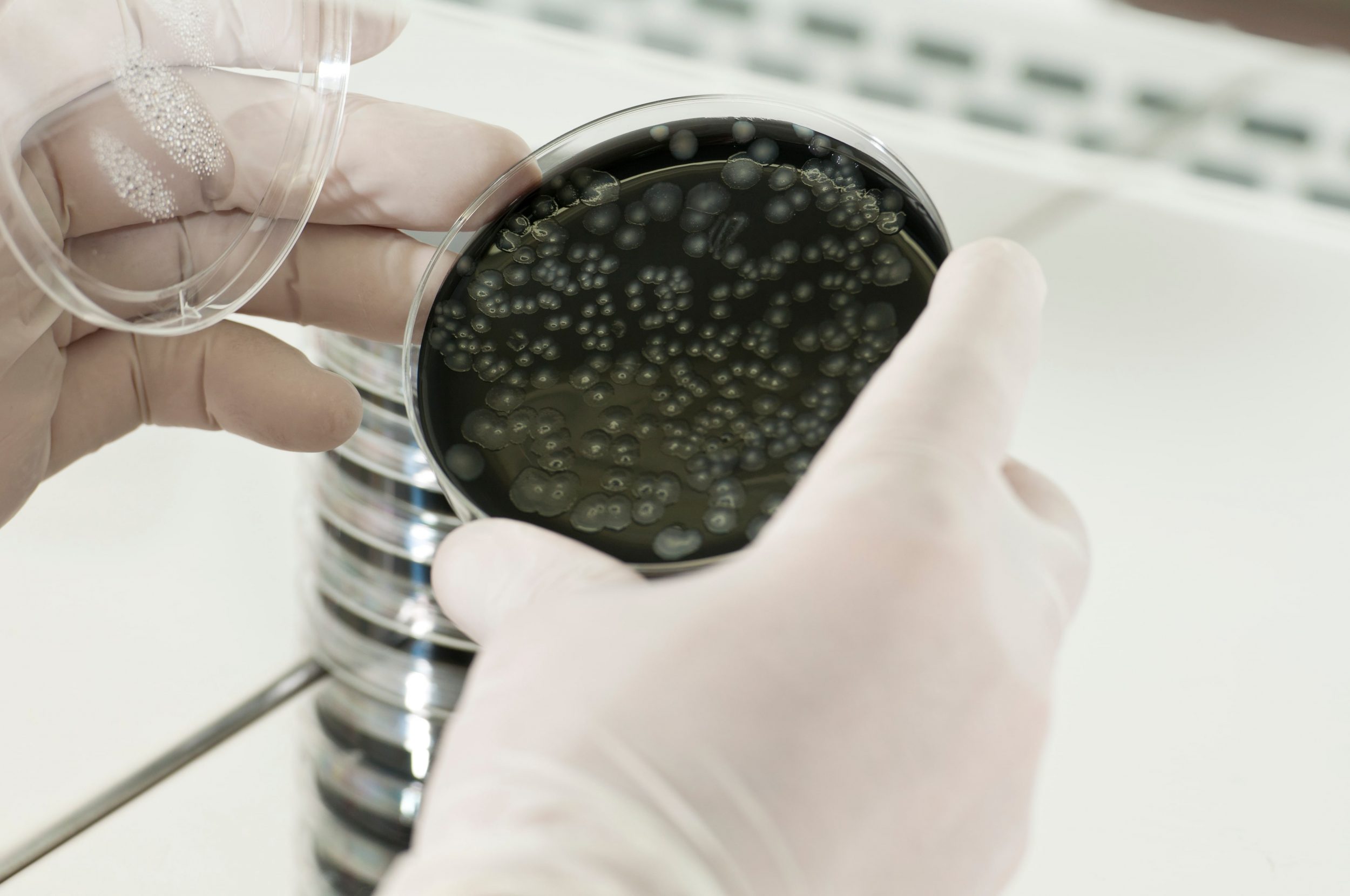
We would love to have a chat about how we can help your business. Get in touch today or call us on 0800 028 3557.

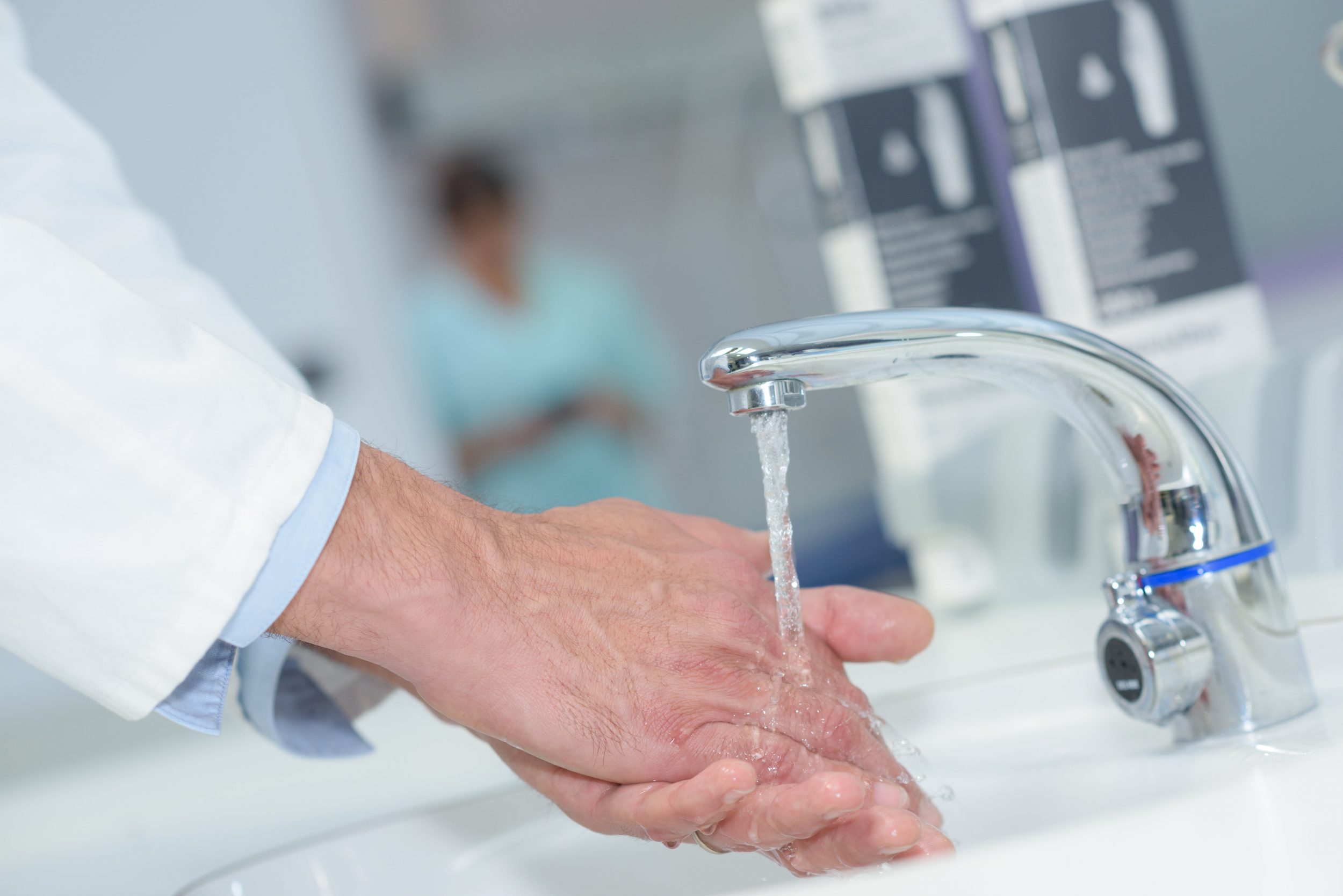
Both hot and cold water systems can succumb to legionella bacteria, the cause of Legionnaire’s Disease. You need to ensure your water systems are up-to-code and as safe as possible to stop Legionella growth, ensuring HSE compliance and the safety of the people. Our team of Legionella testing and water testing experts can help you and your business in a variety of ways to ensure safety, compliance and ongoing monitoring as well as business training.
Legionella regulations can be complex, and potential risk areas aren’t always easy to spot. Because of this, your business has a legal requirement to ensure that legionella risk is assessed by a qualified and experienced specialist.
Our team of legionella experts work closely with businesses to help them keep their premises safe. With a mix of infrastructure improvements, easy-to-follow processes and awareness training, Total Water Solutions can provide the confidence that your business is fully compliant with its legal responsibilities.
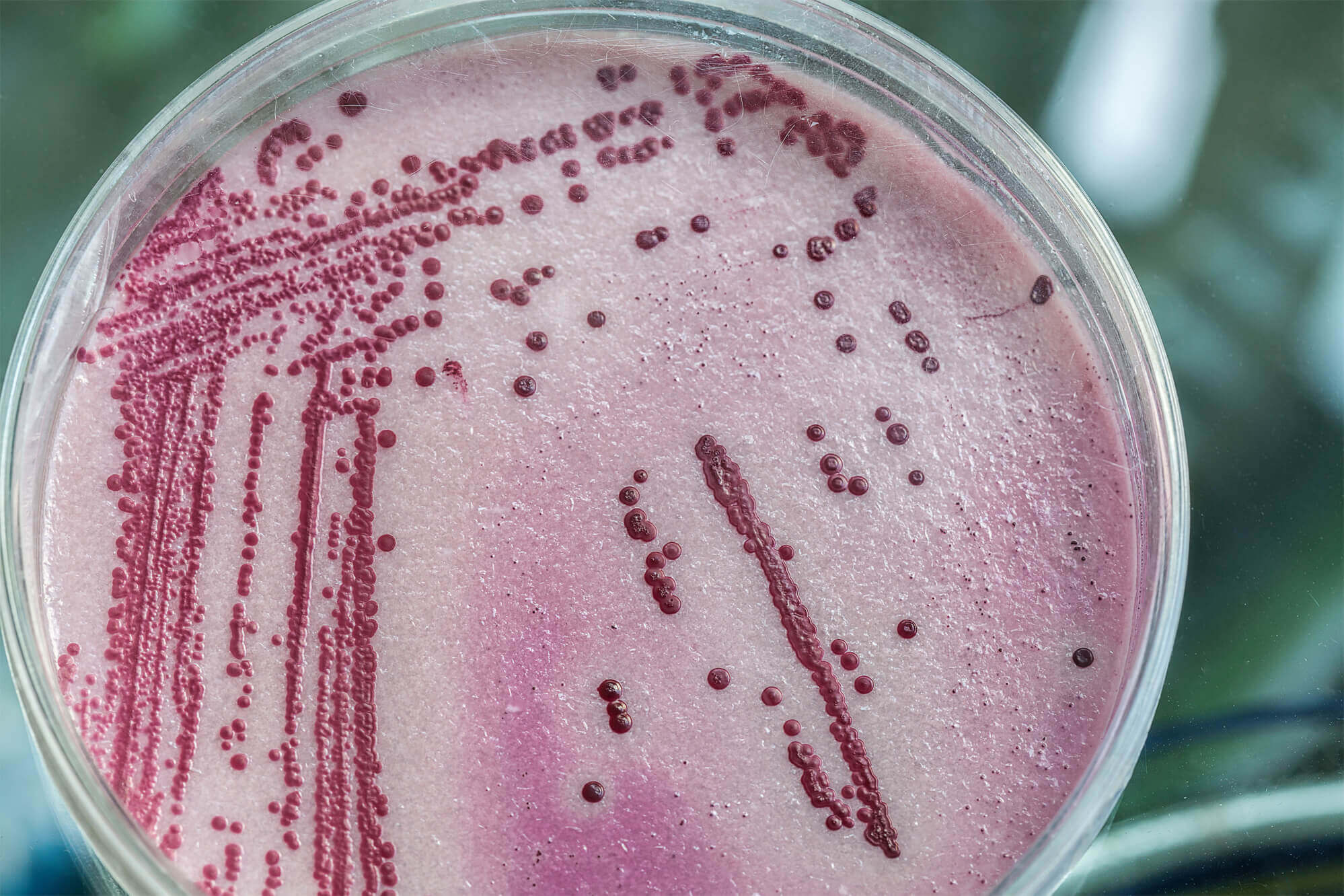

In order to protect your employees and building users from the threat of legionella – and your business from the risk of prosecution – it is essential for every workplace to conduct a legionella risk assessment. This assessment not only addresses the risk of exposure but also ensures proper legionella monitoring to maintain a safe environment.
A legionella risk assessment involves testing the water infrastructure of your premises to ensure the conditions that encourage the growth of legionella are eliminated. This includes taking water samples to detect any potential exposure to legionella.
A thorough legionella risk assessment will include:
As stated by HSE, building owners, landlords and employers have a legal obligation to ensure that this risk assessment is undertaken by someone with sufficient expertise, knowledge and experience. As members of the Legionella Control Association, our team has years of experience, know exactly what they’re looking for, and are committed to high standards of service and professionalism.
Following your legionella risk assessment, we can advise on any steps that need to be taken, whether that’s remedial work on your pipework or outlets, or advice on monitoring and documentation.
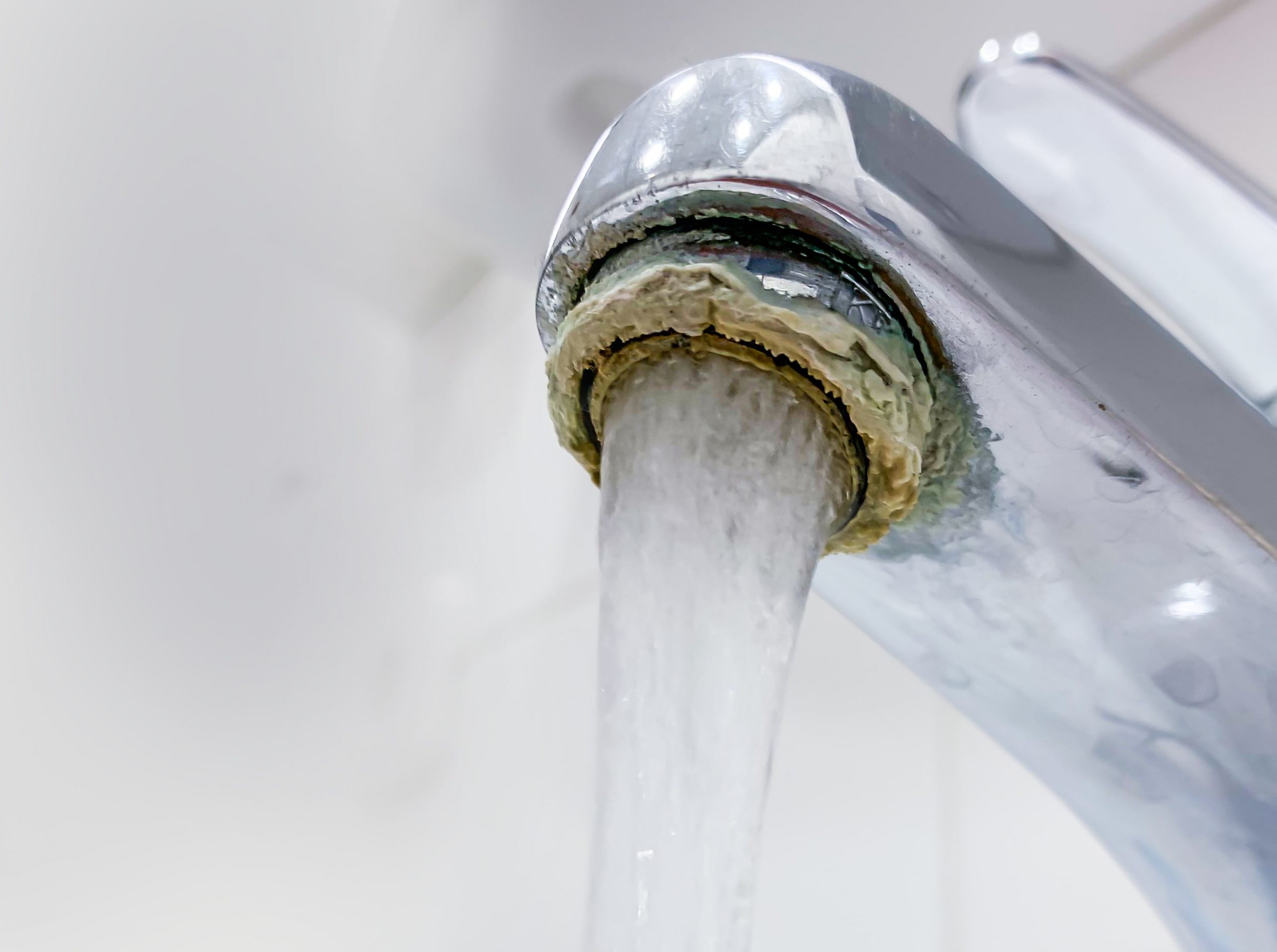
Your legionella risk assessment may highlight areas in which your business needs to alter its water network. Our services include being able to carry out any recommended works for you. With our years of experience, we know exactly what needs to be done to ensure that your premises have minimal risk of legionella build up.
Works may include removing dead-leg pipes, replacing or resizing water storage tanks, disinfecting water tanks or removing a build-up of rust, sludge or other bacteria-friendly matter in your network.
We will work with you to ensure that any remedial work will be carried out with minimal disruption to your day to day operations. We provide all materials, tools and machinery required, and can arrange a time to carry out the work, whether that’s during out of hours, at weekends or during periods of low activity to ensure Legionella control measures.
Our straightforward, tailored approach means that your business will be brought to compliance with minimal effort on your part. Once your remedial work is completed, the Total Water Solutions teams can advise on the ongoing management of Legionella prevention.
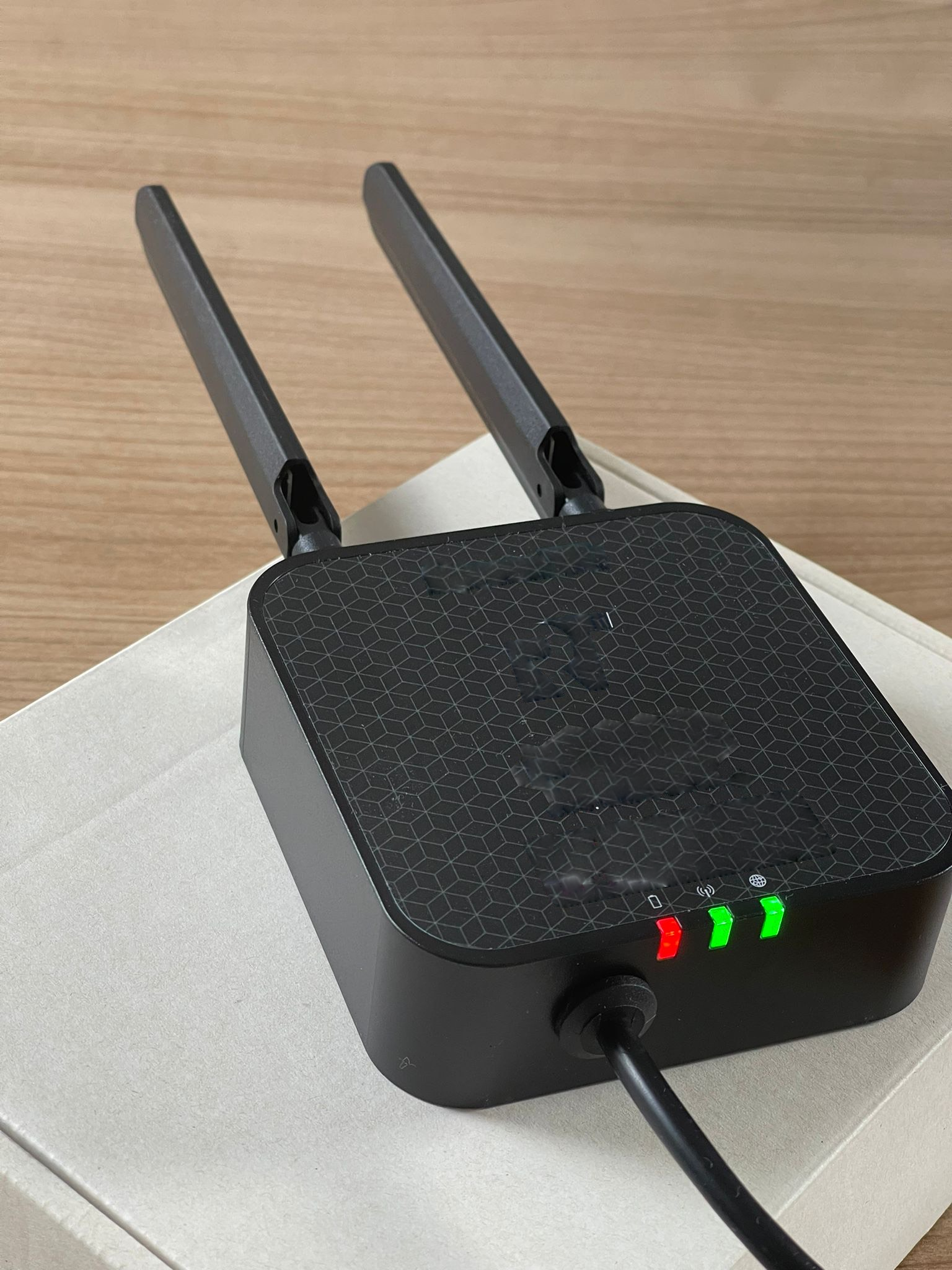
Temperature monitoring is extremely important in controlling Legionella bacteria growth in your water system. You will often hear experts stating “keep the cold, cold and the hot, hot” as this creates an environment in which the bacteria will struggle to grow, and that’s exactly what you want.
Rather than a technician visit your site to test the water temperature with a legionella testing kit, we offer Remote Temperature Sensing (RTS). We install discrete sensors on your assets which intelligently monitor the temperature. They then send this information securely to our portal where you can view the data, be alerted to a non-compliance and create reports for your stakeholders, ensuring your Legionella water testing is at the right standard.
Remote Temperature Sensing is fully compliant with HSE and HSG guidance and has the benefits of being less time consuming, less distracting to employees in your business and more importantly wasting fuel in travelling, which contributes to carbon in the environment.

It’s really important that you and your team have a general awareness of Legionella, so you can understand your responsibilities and the risk from legionella associated with managing water systems within buildings. But what if you want something a little more specific to your business?
Bespoke training includes the general awareness training we offer but we will also spend time understanding your business, how it operates and who does what. Don’t worry if you’re not sure exactly what you need, we will do a gap analysis and guide you on what you need to do to be compliant.
We will also review a Legionella full risk assessment, to see what water assets you have in your building, and then build a training program which covers all the areas of Legionella compliance and deliver it to your team so everyone understands exactly what they should be doing and how to do it.
We normally provide this via Microsoft Teams, so you don’t need to put everyone in a room at the same time, saving on travel from potential multiple locations and no lost time. Of course if you would prefer to do this in person, let us know at the enquiry stage and we will arrange this for you.
Discover why legionella awareness training is important for you and your employees.


Preventing Legionella involves maintaining hot water systems at safe temperatures, preventing water stagnation and cleaning and disinfection of water systems if required. Spot testing for Legionella can be crucial to help prevent potential and sometimes fatal outbreaks of Legionnaires disease.
Legionella bacteria are killed at temperatures above 60°C (140°F). Hot water systems should be maintained at a minimum of 60°C to prevent bacterial growth and cold water systems below 20°C are recommended to prevent bacterial growth.
Legionella bacteria are commonly found in natural freshwater environments like lakes and streams, but they can thrive in man-made water systems such as plumbing systems, cooling towers, and hot water tanks.
Legionella testing requirements vary depending on the country, region, and type of premises. In general, the responsibility to manage Legionella risk falls on businesses and property owners, especially those managing water systems where Legionella bacteria can grow and spread.
Testing for Legionella involves collecting water samples from the suspected source and analysing them in a laboratory using culture methods or molecular techniques like PCR.
Legionella bacteria can begin to multiply in water systems within a few days, especially in stagnant water at temperatures between 20°C and 45°C (68°F and 113°F).
Legionella is a type of bacteria that can cause Legionnaires’ disease, a severe form of pneumonia, and Pontiac fever. It thrives in natural freshwater environments, such as lakes and rivers, but it becomes dangerous when it grows in man-made water systems, especially those that provide ideal conditions for bacterial growth.
Complete the enquiry form below and we’ll get back to you soon.